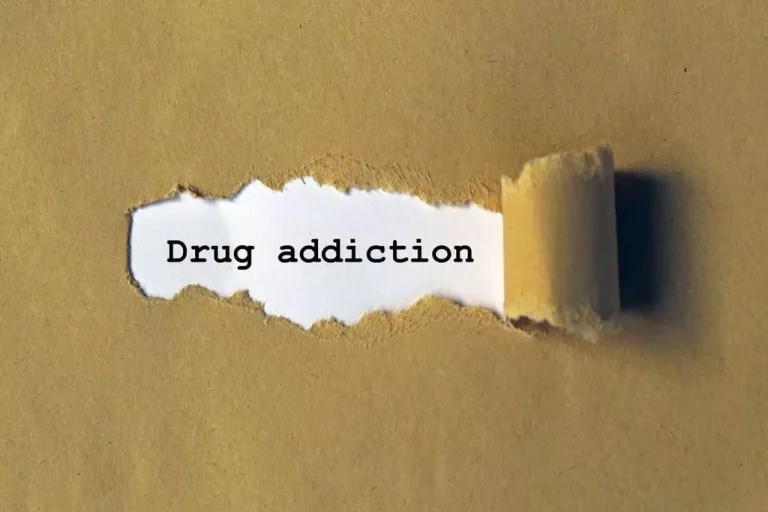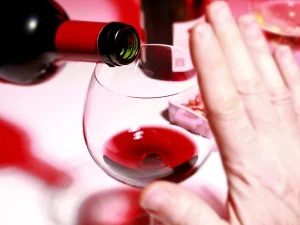
Once you are past the initial detox phase, rehabilitation programs (or rehab) are one way to go. Residential treatment can last days, and gives you a chance for a full reset. Outpatient rehab lets you continue living at home and attend treatment for several hours per day. Online rehab is the https://ecosoberhouse.com/ least disruptive, letting you talk to doctors and coaches from home via your phone. Secular Organizations for Sobriety (SOS) is a network of independent groups to help people achieve or maintain sobriety. It’s another strong option for those looking for secular alternatives to AA meetings.
How to Achieve Sobriety Without AA: 8 Powerful Strategies
Sobriety is a general term for staying away from mood- and mind-altering substances, though there is no commonly agreed-upon medical definition in terms of what sobriety means. People in recovery generally agree that abstinence is necessary but remains just a starting point for a new, sober life. For many people with a substance use disorder, it’s simply a matter of never having learned the appropriate way to manage anger. Talk to your therapist, other healthcare provider, or sponsor about how to deal with your anger in ways that won’t cause you to harm yourself or others or turn to alcohol or drugs.
Find support in a different group
A study from Substance Abuse indicates that having support from others can improve a person’s chances of engaging in and completing detox and treatment for addiction. The first step to getting sober is recognizing and admitting that you have a problem with drug or alcohol misuse. It’s difficult to admit that you have lost control over your substance use. Today I have meaning and purpose in my everyday life which is more fulfilling, including writing, expressing myself, living well, eating well, and having meaningful relationships. For support, I look to the online recovery community, I have regular therapy, and I attend the occasional meditation groups and Refuge Recovery.
Moderation Management Support Groups

Drug and alcohol abuse is often caused by problems in personal relationships. Codependency and controlling and passive-aggressive getting sober without aa behavior are at the root of many addictions. An important part of recovery is addressing these issues and setting boundaries.

There’s no one-size-fits-all approach to stopping alcohol use and treating alcohol misuse, but no matter how severe the issue may seem, recovery is possible for every person. Developing a structured routine can help a person stick to their sobriety goals, make healthy decisions, and reduce the likelihood of triggers and relapse. Establishing a routine with regular sleep and support group attendance can reduce stress and help you stay sober. A person who is getting sober may be getting sober from one substance or all substances. Their process of getting sober will depend on numerous factors, including the severity of drug or alcohol use disorder and long-term goals of sobriety.

Find an Alcohol Recovery Program Near You
But, if this study is typical, AA doesn’t help more than 75% of people who try it. That’s likely millions of people — and might very well include you. Women also take responsibility for their own actions, understanding that each person is in control of their own happiness, and each woman is worthwhile and competent. Take our short alcohol quiz to learn where you fall on the drinking spectrum and if you might benefit from quitting or cutting back on alcohol. Ria Health has already supported thousands of people to lasting recovery—without having to attend AA meetings.
Avoiding Triggers and Temptations
- For more severe addiction issues, healthcare professionals may suggest inpatient care, which requires you to live onsite at the hospital or facility for the duration of treatment.
- There is no tried-and-true way to determine whether moderation works for you.
- While Alcoholics Anonymous (AA) has been a valuable resource for many, it may not be the right fit for everyone.
- Though AA may be the most well-known solution for alcohol abuse, it is far from the only one.
- Evidence-based addiction treatment uses the current and best research-based evidence to make informed decisions about your rehab care.